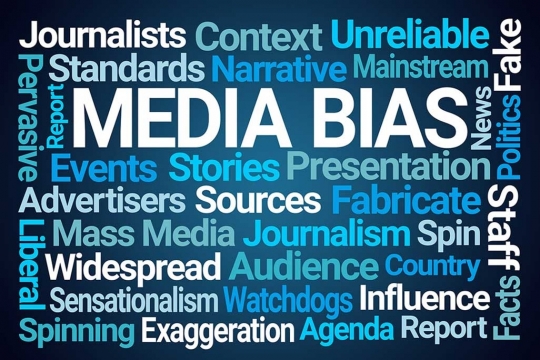
In an age where access to information is easier than ever, questions about the neutrality and reliability of news sources have become more urgent—particularly in Bangladesh. Media bias is an increasingly pressing issue that affects how people perceive political events, social issues, and even day-to-day governance.
Media bias occurs when news organizations show partiality, either intentionally or unintentionally, in the way they report stories. This can manifest through:
Selective reporting
Sensational headlines
Unbalanced use of expert opinions
Omission of key facts
Language that evokes strong emotional responses
In Bangladesh, where the media landscape is politically charged and press freedom remains a complex issue, bias is not only prevalent—it often shapes public opinion.
One of the most significant contributors to media bias in Bangladesh is ownership and affiliation. Many major news outlets are owned by individuals or groups with clear political leanings. As a result, editorial decisions often reflect those interests, leading to uneven coverage of different political parties or events.
For example:
Some outlets are seen as aligned with the ruling party and may downplay protests, policy failures, or corruption scandals.
Others lean toward the opposition and focus on highlighting governmental missteps, often ignoring positive developments.
The rise of digital platforms like Facebook and YouTube has created both opportunities and new challenges. On the one hand, independent voices now have a platform. On the other, misinformation spreads rapidly, and media bias is amplified by echo chambers that reinforce existing beliefs.
Biased media can mislead the public, polarize society, and undermine democratic processes. Citizens rely on journalists to provide accurate and fair information, especially during elections or times of crisis.
Media literacy must be promoted to help people critically evaluate the news they consume.
Journalists and editors must commit to ethical standards and balanced reporting.
Transparency in media ownership can also help readers understand potential biases.
Media bias in Bangladesh is not a new phenomenon, but its impact is growing in an increasingly connected world. It is crucial for media watchdogs, journalists, and the public to work together to hold the media accountable and ensure that truth remains at the center of public discourse.